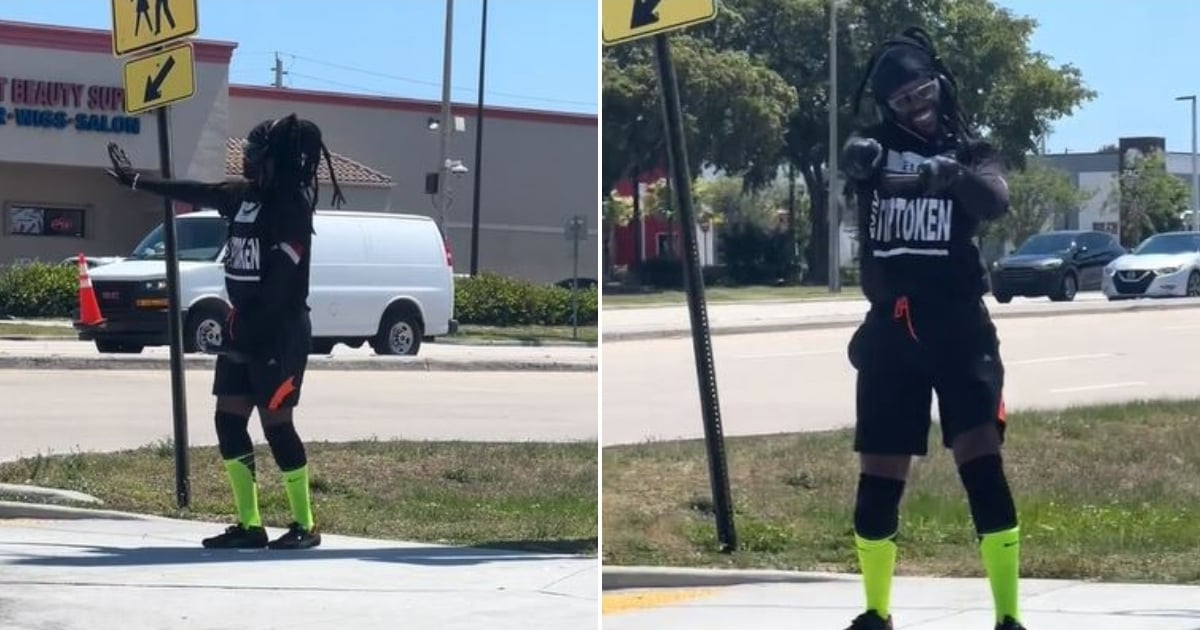London England.- From nurses to ambulance drivers, England’s public health workers have staged the biggest strike in their history, in a new chapter of protests rocking the UK over the skyrocketing cost of living.
“Safer staff save lives” and “Applause doesn’t pay the bills,” say protesters’ banners outside St. Thomas’ Hospital in central London, referring to the weekly applause health workers received during the pandemic.
Years of below-inflation raises have seen the purchasing power of nurses fall 20 percent since 2010, says the Royal College of Nursing (RCN) union. Some are unable to pay their heating, food or rent bills and one in four hospitals had to open food banks for their staff.
This low pay contributes to 47,000 nursing job vacancies, adding to the pressure and stress on the remaining staff.
“We’re available 24/7, we’re breaking our backs doing the work of three people,” says Victoria Busk, a young nurse at Queen Elizabeth Hospital in Birmingham, central England.
“And it’s only going to get worse as more and more people are leaving the profession,” he adds.
All sectors
In a United Kingdom where inflation has exceeded 10% for months, social stress continues to grow in all sectors.
Teachers -from primary school to university-, railway workers and officials from multiple ministries staged the biggest strike in the country in more than 11 years on February 1.
Although each sector has its specific demands, all come together in the demand for wage increases.
As a “last resort,” the RCN called the first two-day national strike in its 106-year history in December.
But the negotiation with the conservative government of Rishi Sunak was unsuccessful: its only result was two more days of strike in January and another two, this Monday and Tuesday, in February.
Monday’s strike coincides with an action in England by ambulance personnel – drivers, paramedics and telephone operators included – resulting in the biggest strike since the creation in 1948 of the British National Health Service (NHS).
Overwhelmed in winter by seasonal illnesses such as influenza and still overwhelmed by long waiting lists built up during the pandemic, British hospitals have been plagued by underfunding for years.
Limit the right to strike
Monday’s strike led to the cancellation of some 80,000 medical appointments and 11,000 interventions, “so there is an impact on patients,” Health Minister Steve Barclay stressed, calling for an end to the strikes during a visit to a South West London hospital.
Despite the chaos caused by the repeated protests, 59% of Britons support the nurses’ strike, 43% support the teachers and 36% the railway workers, according to a Public First poll published last Wednesday by Politico.
But the Executive affirms that the meager public coffers do not allow financing salary demands that would also be counterproductive in their effort to control inflationary pressure.
“The governor of the Bank of England has warned that if we try to fight inflation with high wage increases, things will only get worse and people will be no better off,” Barclay said.
In its place, the Government seeks to limit the right to strike with a bill that imposes minimum services in key sectors such as health, transport and education.
But as the approval of the text advances in parliament, the tension also grows with some unions that do not seem willing to give up.
“Support for nurses is strong. The government should not expect this to abate, our members are willing to give up another day’s pay to get this government to do the right thing,” RCN Secretary General Pat told Times Radio. Cullen.



